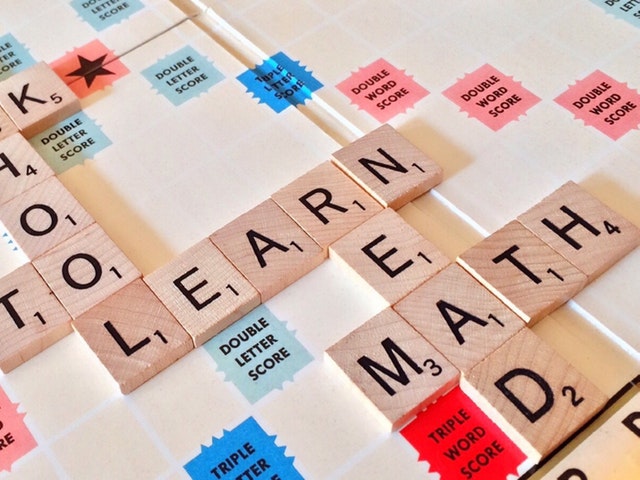Credit cards have become an integral part of our lives, and for many of us, they’re almost indispensable. They’re a convenient way to pay for things, and with the rise of online shopping, they’re more popular than ever. But, like many things, there are both pros and cons to credit cards, and they can have a significant impact on our spending habits. In this blog post, we’ll look at the advantages and disadvantages of credit cards and how they affect our spending habits.
Pros of Credit Cards
Convenience
One of the most significant advantages of credit cards is convenience. They allow you to make purchases without having to carry cash or checks. You can use them to pay for anything, from a cup of coffee to a new car. They’re also accepted at most retailers, both online and in-store, making them a versatile payment method.
Rewards and Perks
Many credit cards come with rewards and perks, such as cashback, airline miles, or hotel points. These rewards can add up quickly and can be a great way to save money on things you would purchase anyway.
Building Credit
Using a credit card responsibly can help build your credit score. When you make payments on time and keep your balance low, you demonstrate to lenders that you’re a responsible borrower. This can make it easier to get approved for loans and credit in the future.
Fraud Protection
Credit cards come with fraud protection, which means that if your card is stolen or used fraudulently, you’re not responsible for any charges. This can give you peace of mind and protect you from financial loss.
Cons of Credit Cards
High-Interest Rates
Credit cards often come with high-interest rates, which means that if you carry a balance from month to month, you can end up paying a lot in interest charges. This can be a significant financial burden and can lead to debt problems.
Fees
Credit cards also come with fees, such as annual fees, balance transfer fees, and late payment fees. These fees can add up quickly and increase the cost of using credit cards.
Temptation to Overspend
Credit cards can be a temptation to overspend, especially if you’re not careful. It’s easy to charge purchases to your card without thinking about the consequences, and before you know it, you’ve accumulated a large balance. This can lead to debt problems and financial stress.
Impact on Credit Score
While using a credit card responsibly can help build your credit score, using it irresponsibly can have the opposite effect. Carrying a high balance or missing payments can lower your credit score and make it harder to get approved for loans and credit in the future.

How Credit Cards Affect Your Spending Habits
Credit cards can have a significant impact on your spending habits, both positive and negative. Here are some ways that credit cards can affect your spending habits:
Cashless Spending
Credit cards make it easy to spend money without realizing how much you’re spending. Because you’re not handing over cash, you don’t have the same emotional connection to the purchase, and it can be easier to overspend.
Rewards and Perks
While rewards and perks can be a positive aspect of credit cards, they can also encourage you to spend more money than you otherwise would. The promise of cash back or airline miles can be tempting, and you may be willing to spend more money to earn those rewards.
Debt Accumulation
Credit cards can be a significant factor in accumulating debt. If you’re not careful, you can easily accumulate a high balance, especially if you’re only making minimum payments. This can lead to debt problems and financial stress.
Budgeting
Credit cards can be a useful tool for budgeting, as long as you use them responsibly. By tracking your spending and setting a budget, you can use credit cards to your advantage. For example, you can use them to make regular purchases and earn rewards, then pay off the balance in full each month. This can help you stay within your budget and avoid overspending.
Credit Score
Your credit score can also be affected by your use of credit cards. Using them responsibly, such as making payments on time and keeping your balance low, can help improve your credit score. However, using them irresponsibly, such as carrying a high balance or missing payments, can have a negative impact on your credit score.
Tips for Using Credit Cards Responsibly
If you want to use credit cards responsibly and avoid debt problems, here are some tips to keep in mind:
- Pay off the balance in full each month to avoid interest charges.
- Set a budget and track your spending to avoid overspending.
- Choose a credit card with rewards and perks that align with your spending habits.
- Use credit cards for regular purchases, such as groceries and gas, and avoid using them for large, unnecessary purchases.
- Don’t carry a high balance, as this can lead to debt problems.
- Make payments on time to avoid late fees and negative impacts on your credit score.
Conclusion
Credit cards can be a convenient and useful tool for making purchases, earning rewards, and building credit. However, they can also lead to debt problems if not used responsibly. By weighing the pros and cons of credit cards and understanding how they affect your spending habits, you can use them to your advantage and avoid financial stress. if you want to learn more about credit protection, please visit their page for further info.
Remember to use credit cards responsibly, pay off the balance in full each month, and set a budget to stay within your means. With the right approach, credit cards can be a valuable tool in managing your finances.





